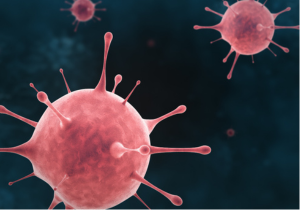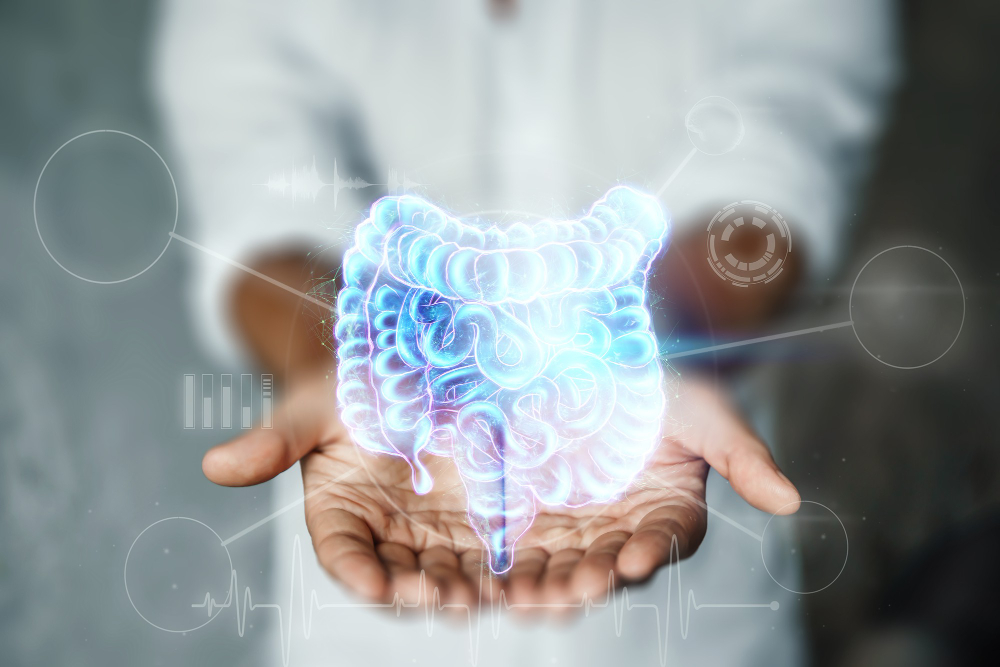-
3rd floor, HQ CityWalk, Vijay Nagar, Indore, M.P. 452010
Kidney Cancer: Understanding the Disease and Seeking Hope

Kidney Cancer: Understanding the Disease and Seeking Hope Kidney cancer, also known as renal cancer, is a type of cancer that originates in the kidneys.
Kidney cancer, also known as renal cancer, is a type of cancer that originates in the kidneys. It is a serious condition that requires early detection and proper treatment. In this blog, we will explore kidney cancer, including its causes, symptoms, diagnosis, treatment options, and the importance of support and hope in the face of this challenging disease.
Causes and Risk Factors:
The exact cause of kidney cancer is unknown, but certain risk factors have been identified. These include smoking, obesity, and high blood pressure, exposure to certain chemicals, family history of kidney cancer, and certain inherited conditions. Understanding these risk factors can help individuals make informed choices and take necessary precautions.
Symptoms and Diagnosis:
Kidney cancer often does not present noticeable symptoms in the early stages. However, as the disease progresses, common symptoms may include blood in the urine, back pain or side pain, a lump or mass in the abdomen, fatigue, unexplained weight loss, and persistent fever. It is important to consult a healthcare professional if any of these symptoms are experienced. Diagnosis involves various tests such as imaging scans, blood tests, and a biopsy to confirm the presence of kidney cancer and determine its stage.
Treatment Options:
The treatment of kidney cancer depends on several factors, including the stage of the disease, overall health of the patient, and individual preferences. Treatment options may include surgery to remove the tumor or the entire kidney, targeted therapy that focuses on specific genetic abnormalities in cancer cells, immunotherapy to boost the body’s immune system to fight cancer cells, radiation therapy, and in some cases, chemotherapy. The treatment plan is personalized for each patient to ensure the best possible outcome.
Support and Hope:
A kidney cancer diagnosis can be overwhelming, but it is crucial to remember that support and hope are essential components of the journey. Connecting with support networks, seeking counseling services, and joining patient advocacy groups can provide much-needed emotional support and valuable information. Patients and their loved ones should stay informed, ask questions, and maintain a positive outlook to navigate the challenges of kidney cancer.
Promoting Awareness and Early Detection:
Raising awareness about kidney cancer is vital to promote early detection and improve outcomes. Educating individuals about the risk factors, symptoms, and importance of regular check-ups empowers them to take proactive measures for their health. Early detection plays a significant role in the successful treatment of kidney cancer, making routine screenings and prompt medical attention crucial.





